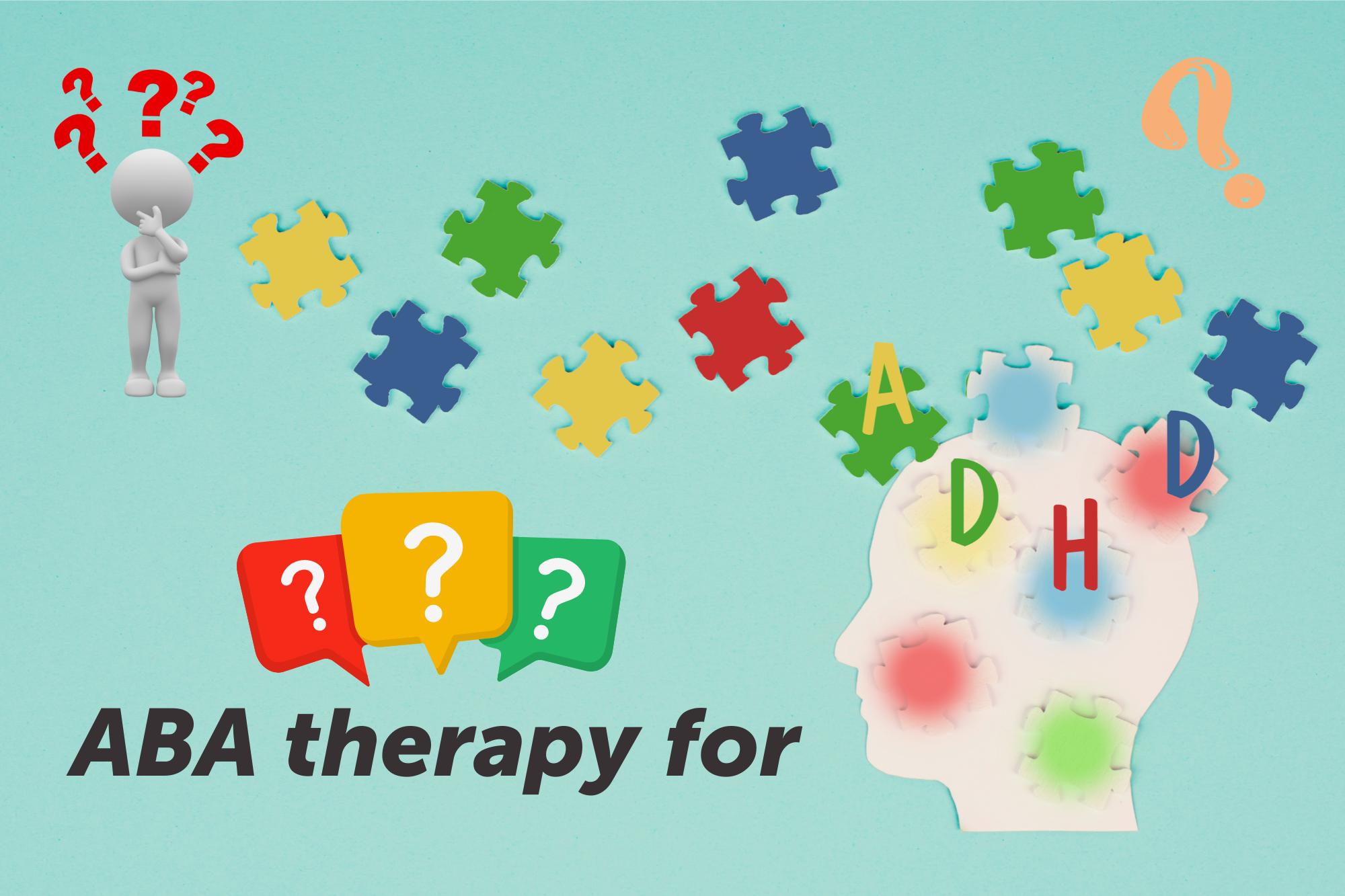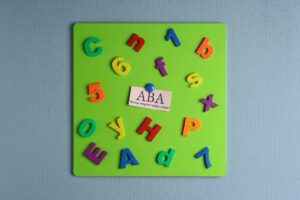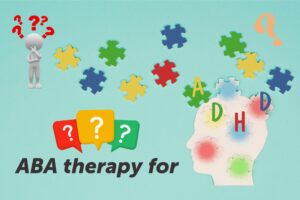Can ABA Therapy be used for ADHD?
Attention deficit hyperactivity disorder (ADHD) is characterized by affecting attention span, hyperactivity, and lack of impulse control. Thinking that ABA therapy for ADHD works is a good idea, you have nothing to lose by trying it.
While medication and psychological therapies are common treatment options, in recent years there has been a growing interest in ABA (Applied Behavioral Analysis) therapy as a complementary tool to address ADHD symptoms.
In this article, we will explore ABA therapy for ADHD, detailing its fundamental principles, its practical application, and some comments supporting its efficacy.
ABA Therapy: strategies for improving attention and behavior in ADHD
As we have explained in previous posts, along with the 3 keys to this type of treatment, ABA therapy is based on the principles of operant conditioning, a psychological theory proposed by B.F. Skinner that states that behavior is influenced by its consequences.
In the context of ADHD, ABA therapy focuses on identifying and reinforcing desirable behaviors, while minimizing or extinguishing those that are problematic.

Application of ABA Therapy for ADHD
ABA interventions for ADHD can focus on different areas, such as:
Improving attention: strategies for focusing on specific tasks, reducing distractions, and increasing sustained attention time are taught.
Reducing hyperactivity: Techniques are implemented to control motor restlessness, impulsivity and physical hyperactivity.
Development of organizational skills: Tools are provided to organize time, tasks and school or work materials.
Reinforce and consolidate social skills: Positive social interactions, effective communication and conflict resolution are encouraged.
Remembering that this type of therapy must be individualized and adapted to the specific needs of each person with ADHD. A qualified ABA therapist will work closely with the individual, family and other involved professionals to design a comprehensive and effective treatment plan. You can also consult with the National Resource Center on ADHD.
Scientific findings supporting ABA therapy
A meta-analysis of more than 20 studies found that ABA therapy had a significant effect in reducing core ADHD symptoms, including hyperactivity, impulsivity and inattention.
These treatments indeed have positive effects on some communication skills, intelligence and adaptive behaviors to the environment. The literature also indicates that ABA therapy is useful for this group of people, due to the benefits it provides and the reduction of symptoms in the process; in both children and adults.
Frequently asked questions about this therapy for ADHD
When a patient or family members seek help, treatment for this condition, they always have doubts and questions about how to address it and take the next step to a better quality of life.


How is ABA therapy different from other ADHD treatments?
It has been studied and shown to be effective in improving ADHD symptoms. ABA therapy is tailored to the specific needs of each individual.
What expectations can I have with ABA therapy?
The amount of time a person needs to take this therapeutic approach varies depending on their individual needs. However, most people begin to see improvements in their symptoms within the first few weeks or months of treatment.
Does ABA therapy take a long time?
The duration varies depending on individual needs and the severity of ADHD symptoms. In some cases, significant improvements can be seen in a matter of weeks or months, while other cases may require longer treatment.
Are there any risks with this type of therapy?
ABA therapy is generally safe when provided by a qualified professional. However, some of the possible risks of ABA therapy may be:
Accidental reinforcement of unwanted behaviors: it is important that the therapist reinforces only desired behaviors. If the therapist accidentally reinforces unwanted behaviors, these may worsen.
Lack of generalization: Skills learned in ABA therapy may not generalize to other settings. It is important for the therapist to work with the person to help him or her apply the skills learned in therapy to daily life.
Who can provide ABA therapy?
ABA therapy should be provided by a qualified, licensed therapist who is experienced in treating ADHD. It is important to look for an accredited ABA therapy professional in Miami Florida.






